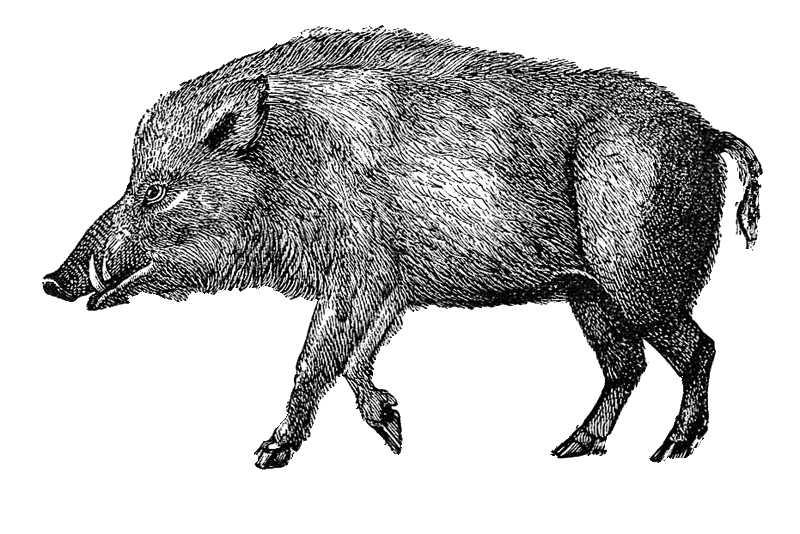3(II=afl.III=picc).3(III=ca).3(III=bcl).3(2.cbsn) – 4.2.3.0 – timp – perc(2) – cel – hp – strings
The Shortest Day (2016)
soprano and orchestra (17’)
1. Midwinter
2. Prayer
3. At Sea
Behold, I am of small account; what shall I answer thee? I lay my hand on my mouth.
– Job 40:4
These three songs for soprano and orchestra attempt a coming-to-terms with the universal phenomenon of undeserved catastrophe, and specifically the uniquely horrible disaster which befell the town of Aberfan on 21st October 1966 resulting in the deaths of 116 children and 28 adults. Rowan Williams' specially-written poems cast the singer as a kind of omniscient witness to the events of that day and its aftermath who seems to observe and reflect from a place outside of linear time, moved by the suffering on display but, like the bereaved, powerless to alter the course of events.
The first song opens with an evocation of the fragility and innocence of a school scene immediately prior to its destruction, a group of solo violins playing a game involving a simple nursery rhyme motif. This is soon drowned in a churning sea of thick dark harmonies, out of which the voice emerges singing of the wetness and darkness outside, climaxing on the line “Nobody knows that this is the shortest day.” The song evaporates in a series of fragmentary images recollecting what has been lost ending with the line “When the day ends”, which recurs throughout the piece.
The second song begins with a sinister mechanism in the basses over which a ghostly melody on violas and alto flute soon passes to the singer, who unveils a series of nightmarish invocations over the increasingly insistent ground bass while the orchestra grows in intensity. The garish parade reaches a climax on “When the day ends”, before a moto perpetuo release of accumulated tension from the strings. Over the tolling of a ten o'clock bell the singer then offers intercession on behalf of the victims, wishing them a final moment of comfort and serenity.
The final song presents humanity 'at sea' in the cosmos, the singer's unanswered and unanswerable questions framed by Welsh quotes from Joseph Parry's popular song Myfanwy (1875) and surrounded by morphing nebulae of string harmonics. As if summoned by the singer from nowhere, the horns start playing Myfanwy itself in a distant tonality, a sonic emblem of the Welsh valleys and of human yearning and suffering. Despite the wave of catharsis this offers, the gulf between humanity and the cosmos at last remains unfathomable; as the singer dies away on the haunting refrain “Bedclothes warm with sleep” it is left to simple arpeggios from the celesta to convey the victims' innocence into eternity.
Commissioned by BBC Radio 3 with support from the Swansea International Festival and first performed by the BBC National Orchestra of Wales, conducted by Sian Edwards with Fflur Wyn, soprano, at the Brangwyn Hall, Swansea on 8th October 2016


